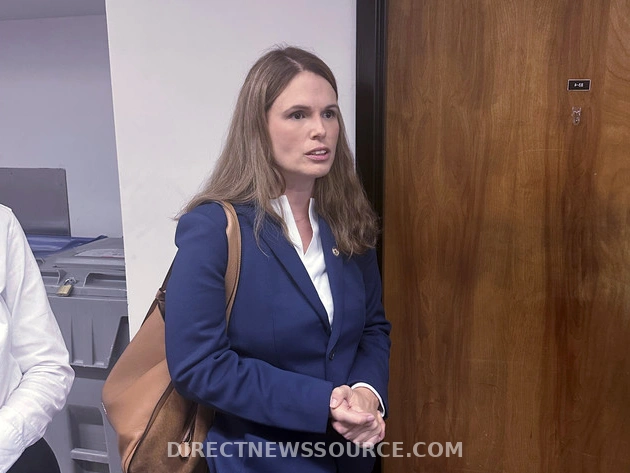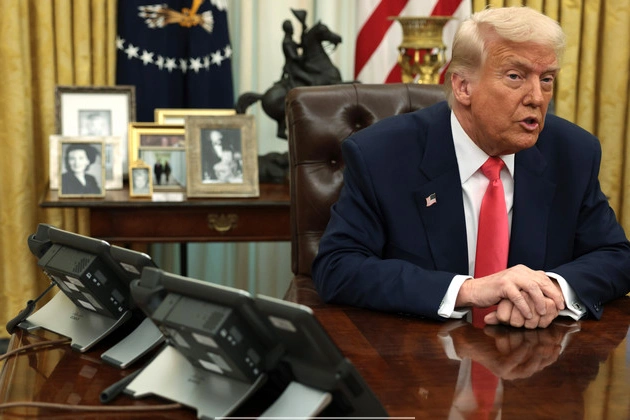
North Carolina Justices Review Election Outcome for Supreme Court Seat
North Carolina’s Supreme Court is currently reviewing the certification of a November election result for one of its own seats. The court’s decision to issue a temporary stay is based on legal arguments presented by a trailing candidate who contests the counting of over 60,000 ballots.
Democratic Associate Justice Allison Riggs currently leads GOP challenger Jefferson Griffin by a narrow margin of 734 votes out of over 5.5 million cast ballots. The successful candidate will secure an eight-year term on a Supreme Court where Republicans hold the majority.
Legal Challenges and Timeline
The State Board of Elections had previously dismissed Griffin’s protests against the ballots, setting a deadline for certifying Riggs’ victory this Friday. However, the temporary stay halts this process, requiring legal briefs from Griffin and the board within the next two weeks.
State vs. Federal Courts
Griffin’s initial plea to the state Supreme Court was diverted to federal court by the elections board, citing federal voting and voting rights laws. U.S. District Judge Richard Myers later returned the case to the state level, emphasizing the importance of addressing state law questions promptly.
Implications and Future Steps
If not intervened by federal courts, North Carolina’s Supreme Court will determine the election outcome independently. Allegations of election manipulation and calls for fair counting have marked this closely contested race.
Griffin’s legal team emphasizes the exclusion of specific ballots they deem unlawful, potentially altering the election results. Riggs’ supporters argue against disenfranchising voters who followed registration rules diligently.
Constitutional and Legal Framework
The legal battle over ballot validity highlights the complexity of voting laws and their interpretation. The outcome will not only impact the Supreme Court’s composition but also set precedents for future election disputes.
As the case unfolds, both parties prepare for a rigorous legal debate that could shape electoral processes and voter rights in North Carolina.















